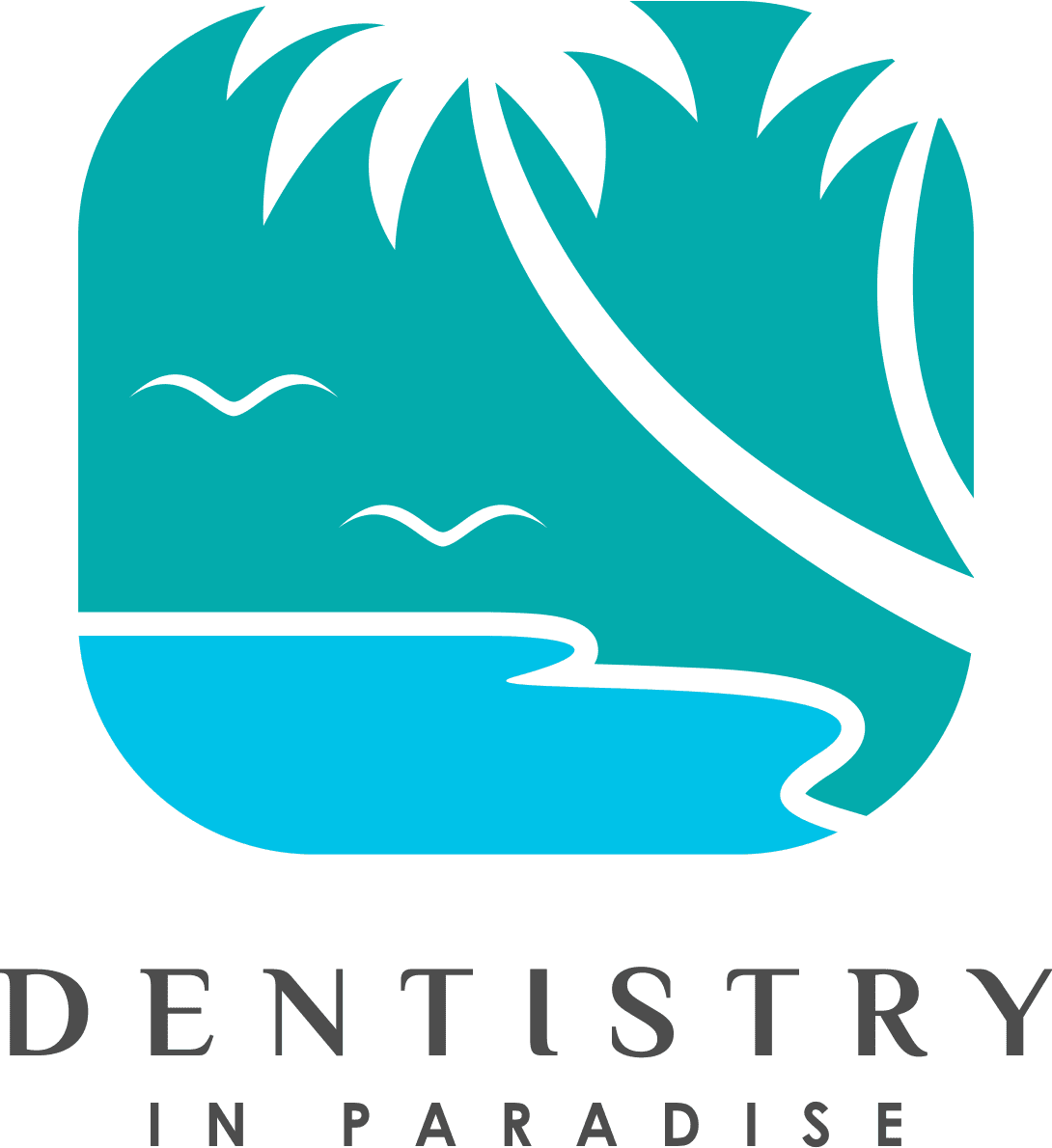
Discovering that your gums are receding can be concerning, but rest assured, you’re not alone. Also known as gingival recession, this condition affects as many as 88% of people over age 65.
If you suspect that you have receding gums, don’t hesitate to reach out. The earlier you address receding gums, the easier treatment is, and that’s why Kevin Miller, DDS, and our team at Dentistry in Paradise in Santa Barbara, California, prioritize patient education about periodontal disease.
Understanding the causes, recognizing the signs, and knowing how to manage it are essential steps toward taking care of your gums 一 and preventing complications of gingival recession. Here’s what you need to know.
About receding gums
Gingival recession occurs when the gum tissue that surrounds your teeth wears away or pulls back, exposing your tooth’s root. This can create pockets between the teeth and the gums. Known as periodontal pockets, these gaps make it easier for bacteria to accumulate and lead to dental problems if left untreated.
You might suspect your gums are receding if you notice that:
- Your teeth seem longer than usual
- You have increased tooth sensitivity, especially to hot or cold temperatures
- There’s notching at your gum line
- There are new spaces or gaps between teeth
- Your gums are red or swollen
- Your gums bleed during brushing or flossing
In many cases, red gums and bleeding during flossing are the earliest signs of gum troubles. Bleeding gums is often a warning sign of the first stage of gum disease called gingivitis. You don’t have to wait until these symptoms worsen; treating gum disease as soon as possible can help you avoid serious gum recession later on.
Identify the cause of your gum recession
If you already suspect that you have gum recession, it’s important to identify the cause so you can adopt the right strategies to best manage your oral health. The most common causes of gum recession include:
Gum disease
Periodontal diseases, such as gingivitis and periodontitis, are major contributors to gum recession. These infections can damage the gum tissue and the bone supporting the teeth.
Poor dental hygiene
Inadequate brushing, flossing, and poor oral care in general can contribute to gum recession by allowing plaque and bacteria to build up along the gum line. Your gum tissue is delicate, and too much plaque can irritate it.
Not brushing enough isn’t the only issue. Brushing your teeth too hard or using a toothbrush with hard bristles can wear down the gum tissue over time. Instead, use a soft-bristled brush and hold your brush at a 45-degree angle to clean your gums.
Genetics
Some individuals are more genetically predisposed to developing gum recession. Researchers who study the genetic risk factors of gum disease report variants on 65 different genes that are connected to increased risk of gum disease.
Bruxism
Bruxism refers to unintentional teeth grinding or clenching. It can happen when you’re awake or asleep, and both types of bruxism are associated with gum recession. That’s because grinding or clenching your teeth puts excessive force on the gums.
Tobacco use
Smoking or using other forms of tobacco can increase your risk of several types of cancer, including oral cancer. It can also lead to gum disease, which in turn can lead to gum recession.
Tips for managing receding gums at home
Whether you have receding gums or you want to prevent them, keep these oral care tips in mind:
- Brush your teeth gently but thoroughly twice a day using a soft-bristled toothbrush
- Floss daily to remove plaque and food particles from between your teeth
- Use a toothpaste designed for sensitive teeth to help alleviate discomfort caused by exposed tooth roots
- Brush using gentle circular motions rather than aggressive back-and-forth scrubbing
- Schedule regular professional cleanings
In addition to boosting your at-home oral care routine, quit smoking (if you smoke) and consume a balanced diet rich in vitamins and minerals to support gum health.
How we can help
In addition to at-home oral care, the team at Dentistry in Paradise is here to help. Depending on the root cause of your gum recession, potential treatments may include:
- Nightguards to help treat bruxism
- Antibiotics to clear up oral infections
- Medicated mouthwashes to help heal your gums
- Routine cleaning
- A deep cleaning, or scaling and root planing
In more severe cases, you may benefit from gum grafting to cover the exposed tooth roots and prevent further recession.
Remember, early intervention is crucial when dealing with receding gums. If you notice any signs of gum recession or experience discomfort, don’t hesitate to schedule a consultation online with Dr. Miller. You can also call our office at 805-967-0272.
